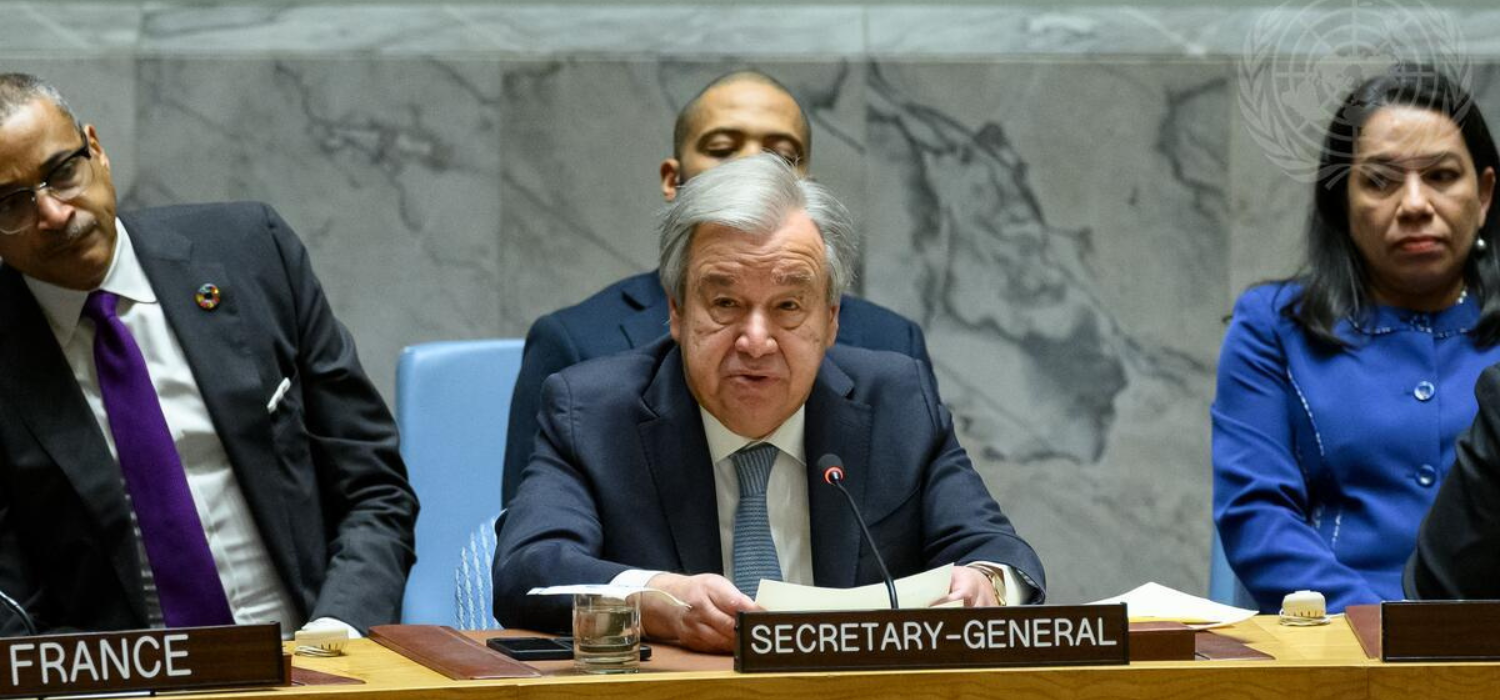SEED FUNDING JOINT PROGRAMMES
Cambodia
Transforming Cambodia’s food systems to become more sustainable, inclusive, and resilient


PROJECT TITLE | Transforming Cambodia’s food systems to become more sustainable, inclusive, and resilient |
| Context | Cambodia’s National Pathway is the outcome of an extensive consultation process, involving more than 2,000 people throughout thirty dialogues, which identifies four priority areas, namely healthy diets for all, empowerment of youth, women and vulnerable groups, resilient livelihoods and food systems, inclusive governance. Acknowledging the risks posed by climate change to hard won development gains and as a co-founder of the Alliance of Champions for Food Systems Transformation, Cambodia is prioritizing the integration of climate change and food systems transformation, building coherence across the agendas. The Council for Agricultural and Rural Development, the government agency coordinating food security and nutrition initiatives in Cambodia, is leading collaborative efforts to translate national aspirations into concrete action. |
| PUNOs | FAO, WFP, UNICEF |
| Contribution to SDGs | SDG 2 Zero Hunger |
| Contribution to other SDG transitions | Climate, biodiversity, pollution |
| Duration | August 2024 – July 2025 |
| Expected financial leverage | $3 million |
| Alignment with SG Call to Action | Policy integration; Food systems governance; Inclusive and participatory design; Private sector engagement |
| Outcomes | The Joint Programme fosters an enabling environment for food systems transformation by enhancing national capacities and policy frameworks, identifying opportunities to unlock financial streams, and strengthening advocacy efforts for food systems transformation. The JP provides crucial support to the alignment of the climate and food agendas, accelerating progress towards resilient, sustainable and inclusive food systems. |
| Partners | Council for Agricultural and Rural Development (CARD) will be the main government counterpart and will coordinate the government activities in conjunction with other key Ministries, including:
|
| Outputs |
|
UN Secretary-General urges alignment of climate action and food systems transformation for peace and security

©UN Photo/Loey Felipe
13 February 2024: In his remarks to the Security Council High-level Open Debate on the Impact of Climate Change and Food Insecurity on the Maintenance of International Peace and Security, the UN Secretary-General emphasized the critical importance of aligning climate action with food systems transformation. He referenced the recent UN Food Systems Summit +2 Stocktaking Moment (UNFSS+2) and the Hub’s Convergence Initiative as essential components of this alignment.
The UNFSS+2, held in Rome in July 2023, served as a platform for countries to review progress on commitments to action and identify priorities for closing the implementation gap in food systems transformation. With 182 Member States present, it advocated for urgent action at scale, highlighting the role of sustainable, equitable, and resilient food systems in achieving the Sustainable Development Goals.
The Food Systems and Climate Convergence Initiative, launched during the UNFSS+2, focuses on aligning national food systems pathways with climate-related targets, including Nationally Determined Contributions and National Adaptation Plans. It aims to catalyze advancements toward climate-smart and nature-positive food systems, promoting a fair and sustainable future.
The Secretary-General underscored the urgent need to address the intertwined challenges of climate change, food insecurity, and conflict. He emphasized that aligning climate action and food systems transformation is crucial for securing sustainable development, livelihoods, and peace. The remarks reflect a call to action for governments, businesses, and societies to work together in creating food systems that are both environmentally sustainable and socially equitable.
As the world faces escalating threats from climate change and food insecurity, the Secretary-General's message highlights the importance of coordinated efforts to address these challenges and build a future free from hunger and conflict.
“A global food crisis is creating a hellscape of hunger and heartache for many of the world’s poorest people.
And the climate crisis is accelerating with a deadly force – last year was the hottest ever.
Both these facts undermine peace.”
UN Secretary-General António Guterres
Related Links:
